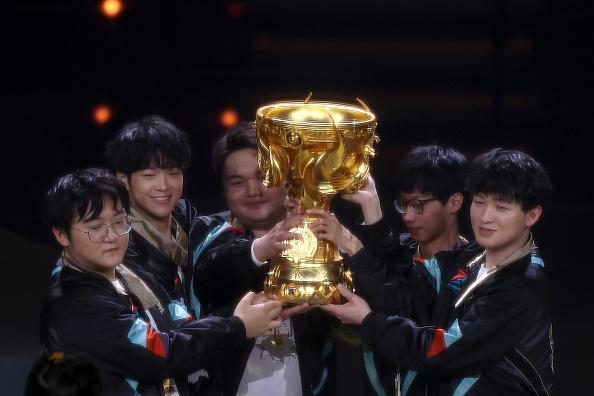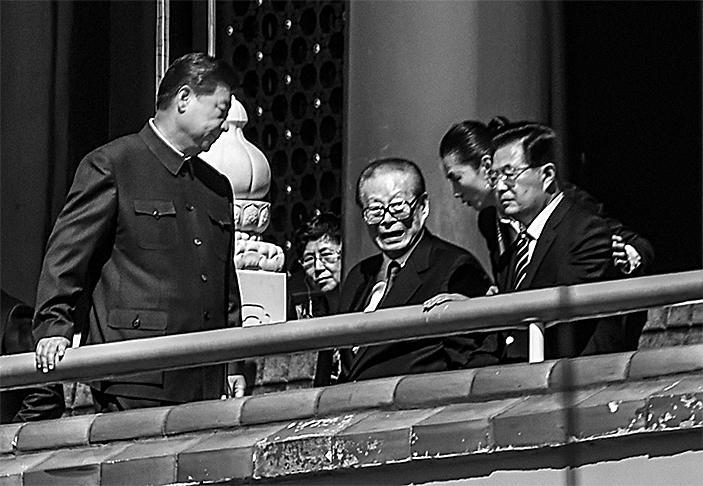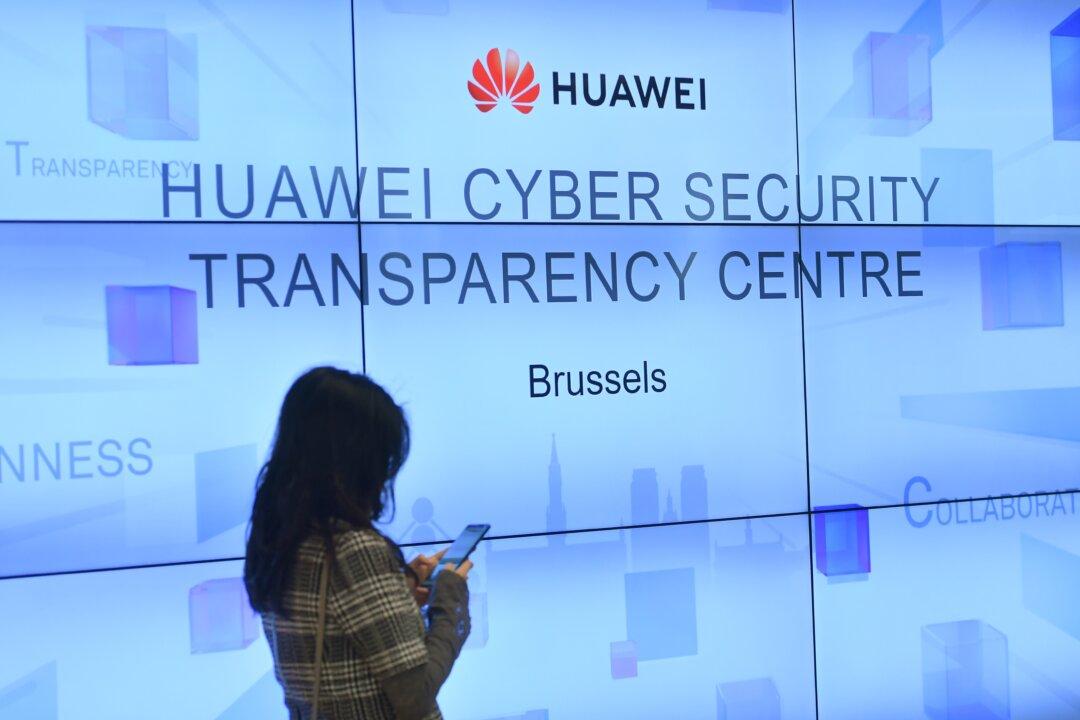Commentary
The Economic Information Daily, a subsidiary of Chinese state-run media Xinhua News, published a report on Aug. 3 that heavily criticizes Tencent Holdings’ flagship game “Honor of Kings.” Throughout the years Tencent has been bending over backwards to adhere to Beijing’s regulations for online games, but now the company is in hot water. This shows that China’s “Online Game Anti-Addiction System,” which was mandated by the regime 14 years ago, is nothing but a political tool of the Chinese Communist Party (CCP).





